More than just an adventure, this educational tour takes you into a world that few can ever experience. The open ocean world of sharks!
We take you three miles off shore, where you can observe Galapagos and Sandbar sharks in their natural environment from the safety of a floating cage. No scuba experience is necessary, you enter the cage from above and stay on the surface using a mask and snorkel. Large Poly Glass windows let you peer into the open ocean and watch the sharks as they glide gracefully through the deep blue. To be in the presence of such awe inspiring animals will change the way you see sharks forever.
Nowy Jork
Badać
 Wyjątkowe doświadczenia
Wyjątkowe doświadczenia
 Usługi podróżnicze i transportowe
Usługi podróżnicze i transportowe
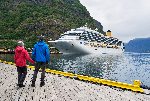 Wycieczki, zwiedzanie i rejsy
Wycieczki, zwiedzanie i rejsy
 Bilety i karnety
Bilety i karnety
 Bilety i karnety na wydarzenia sportowe
Bilety i karnety na wydarzenia sportowe
 Mała grupa
Mała grupa
 Sezonowe i specjalne okazje
Sezonowe i specjalne okazje
 Zastosowano środki sanitarne
Zastosowano środki sanitarne
 Zajęcia na dworzu
Zajęcia na dworzu
 Prawdopodobne do wyprzedania
Prawdopodobne do wyprzedania
 Wycieczki przyjazne LGBT
Wycieczki przyjazne LGBT
 Przyjazne dla dzieci
Przyjazne dla dzieci
 Obejmuje zwierzęta
Obejmuje zwierzęta
 Dobre do unikania tłumów
Dobre do unikania tłumów
 Jedzenie picie
Jedzenie picie
 Świetna jakość
Świetna jakość
 Zajęcia i warsztaty
Zajęcia i warsztaty
 Najlepsza konwersja
Najlepsza konwersja
 Przewodniki audio
Przewodniki audio
 Sztuka i kultura
Sztuka i kultura
 Viator Plus
Viator Plus
 Sustainable Tours
Sustainable Tours
 Limousine Transfers
Limousine Transfers
 Donut Walking Tour
Donut Walking Tour
 Virtual Experiences
Virtual Experiences
 Additional fees
Additional fees
 DSA non-compliant
DSA non-compliant
 Wyjątkowe doświadczenia
Wyjątkowe doświadczenia
 Usługi podróżnicze i transportowe
Usługi podróżnicze i transportowe
 Wycieczki, zwiedzanie i rejsy
Wycieczki, zwiedzanie i rejsy
 Bilety i karnety
Bilety i karnety
 Bilety i karnety na wydarzenia sportowe
Bilety i karnety na wydarzenia sportowe
 Mała grupa
Mała grupa
 Sezonowe i specjalne okazje
Sezonowe i specjalne okazje
 Zastosowano środki sanitarne
Zastosowano środki sanitarne
 Zajęcia na dworzu
Zajęcia na dworzu
 Prawdopodobne do wyprzedania
Prawdopodobne do wyprzedania
 Wycieczki przyjazne LGBT
Wycieczki przyjazne LGBT
 Przyjazne dla dzieci
Przyjazne dla dzieci
 Obejmuje zwierzęta
Obejmuje zwierzęta
 Dobre do unikania tłumów
Dobre do unikania tłumów
 Jedzenie picie
Jedzenie picie
 Świetna jakość
Świetna jakość
 Zajęcia i warsztaty
Zajęcia i warsztaty
 Najlepsza konwersja
Najlepsza konwersja
 Przewodniki audio
Przewodniki audio
 Sztuka i kultura
Sztuka i kultura
 Viator Plus
Viator Plus
 Sustainable Tours
Sustainable Tours
 Limousine Transfers
Limousine Transfers
 Donut Walking Tour
Donut Walking Tour
 Virtual Experiences
Virtual Experiences
 Additional fees
Additional fees
 DSA non-compliant
DSA non-compliant




 pl
pl
 English
English
 Russian
Russian
 French
French
 Ukrainian
Ukrainian
 Serbian
Serbian


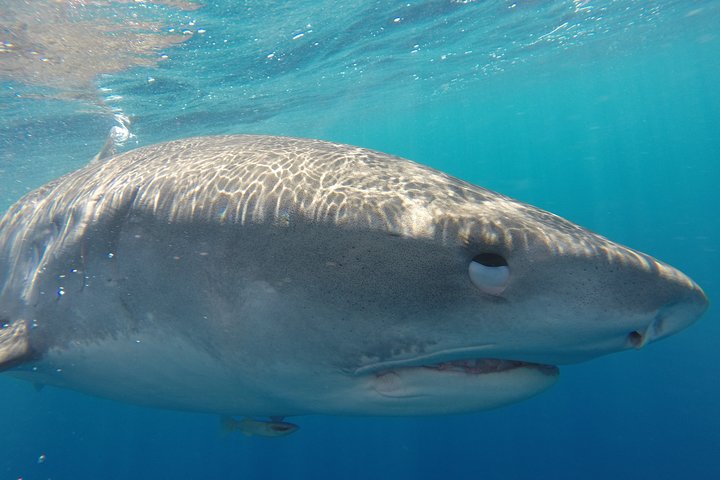

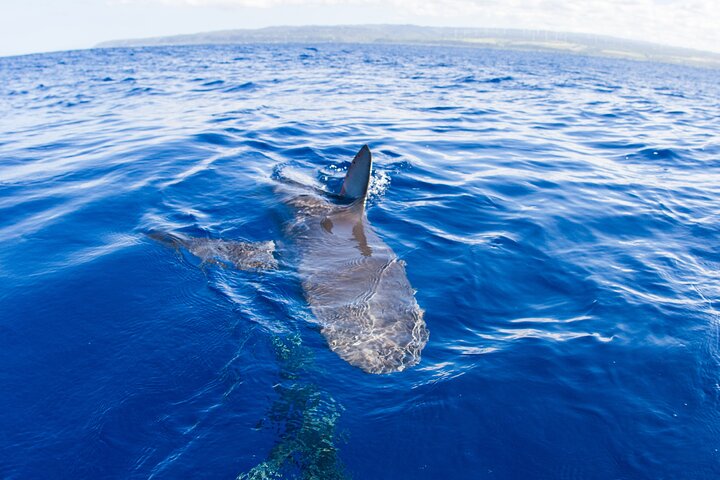
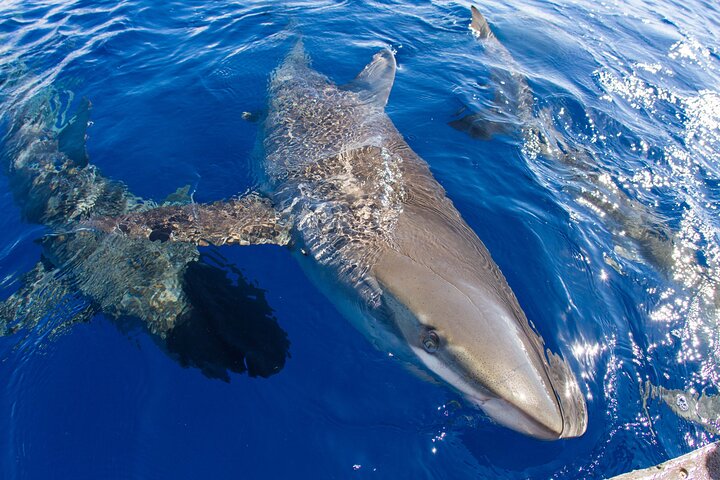
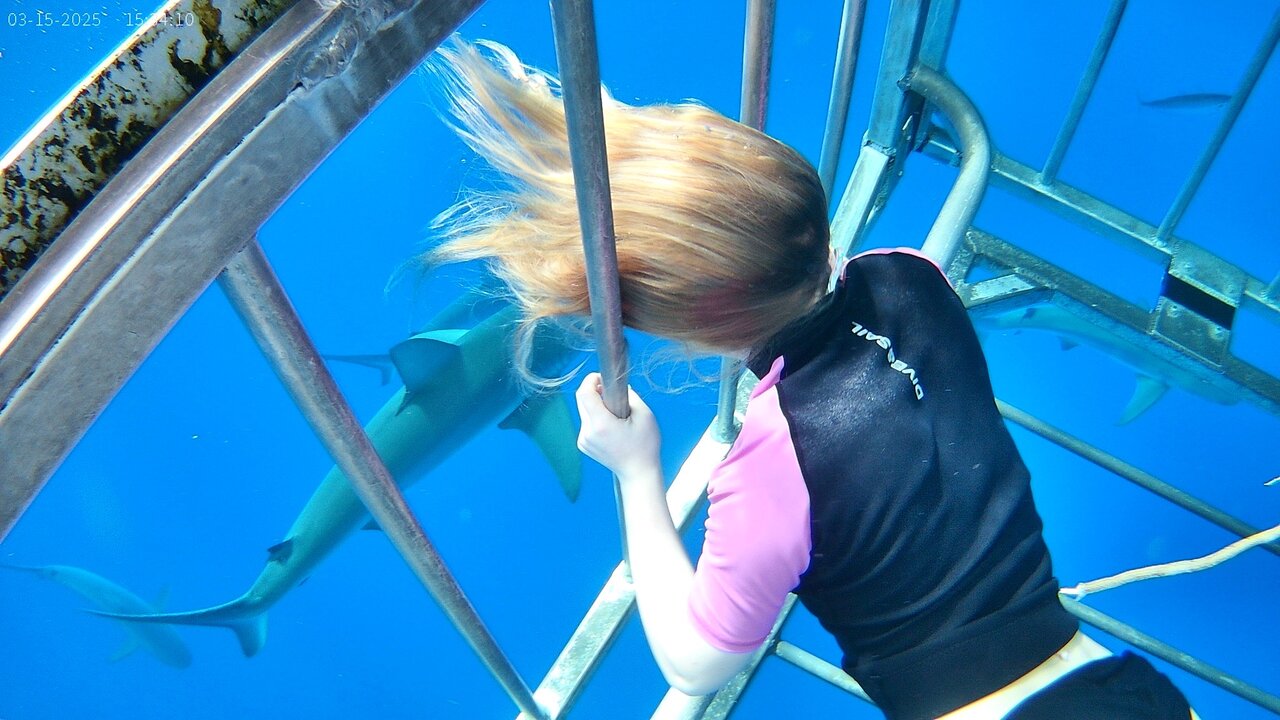
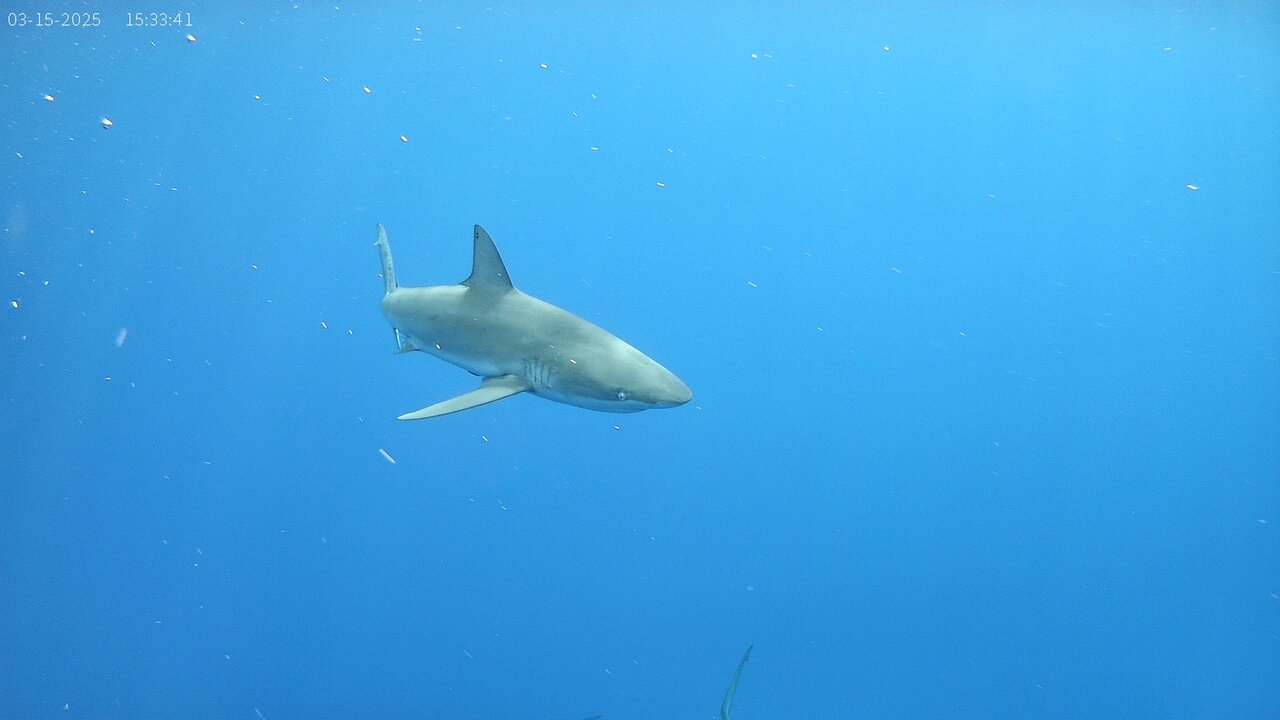


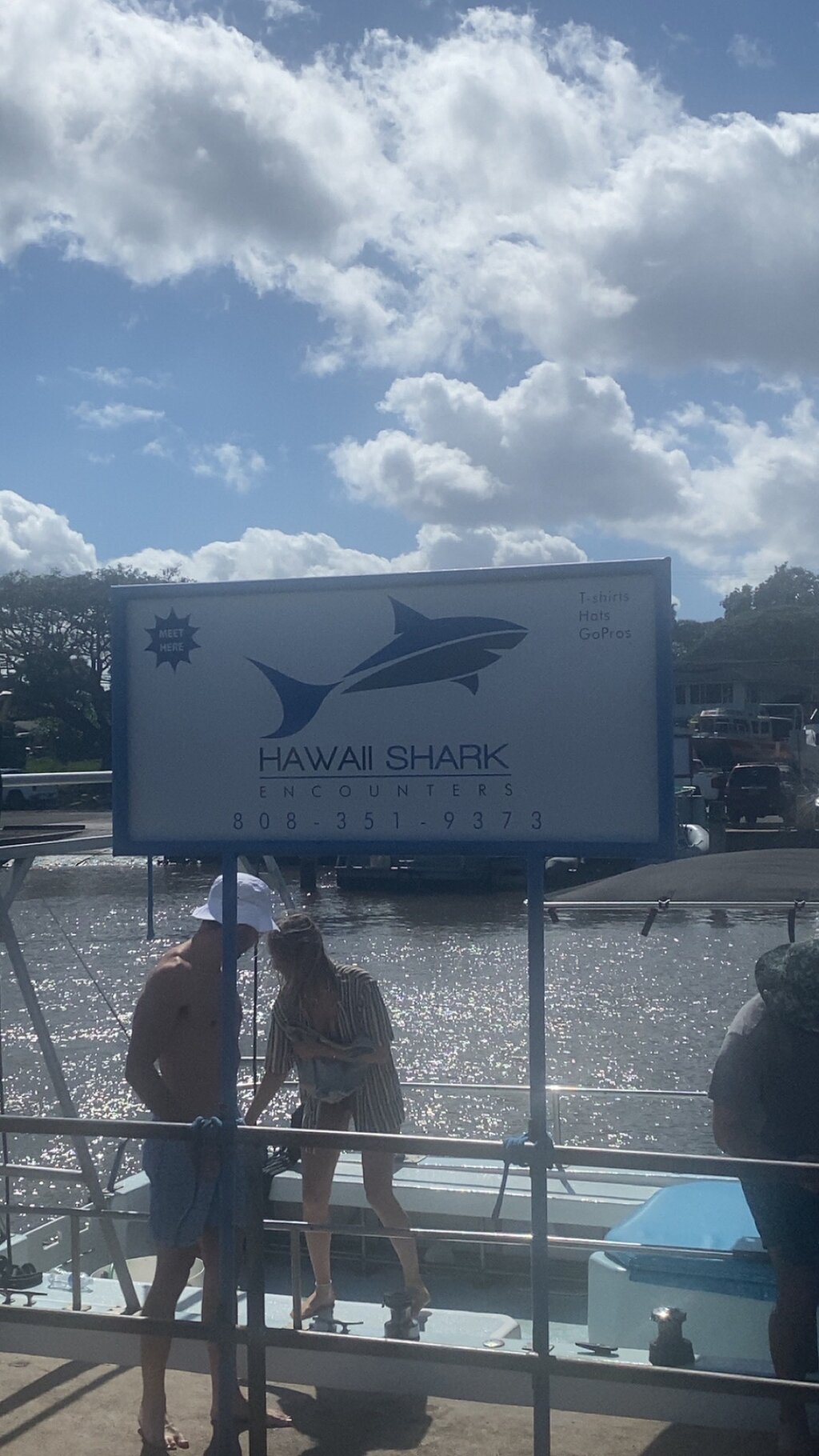
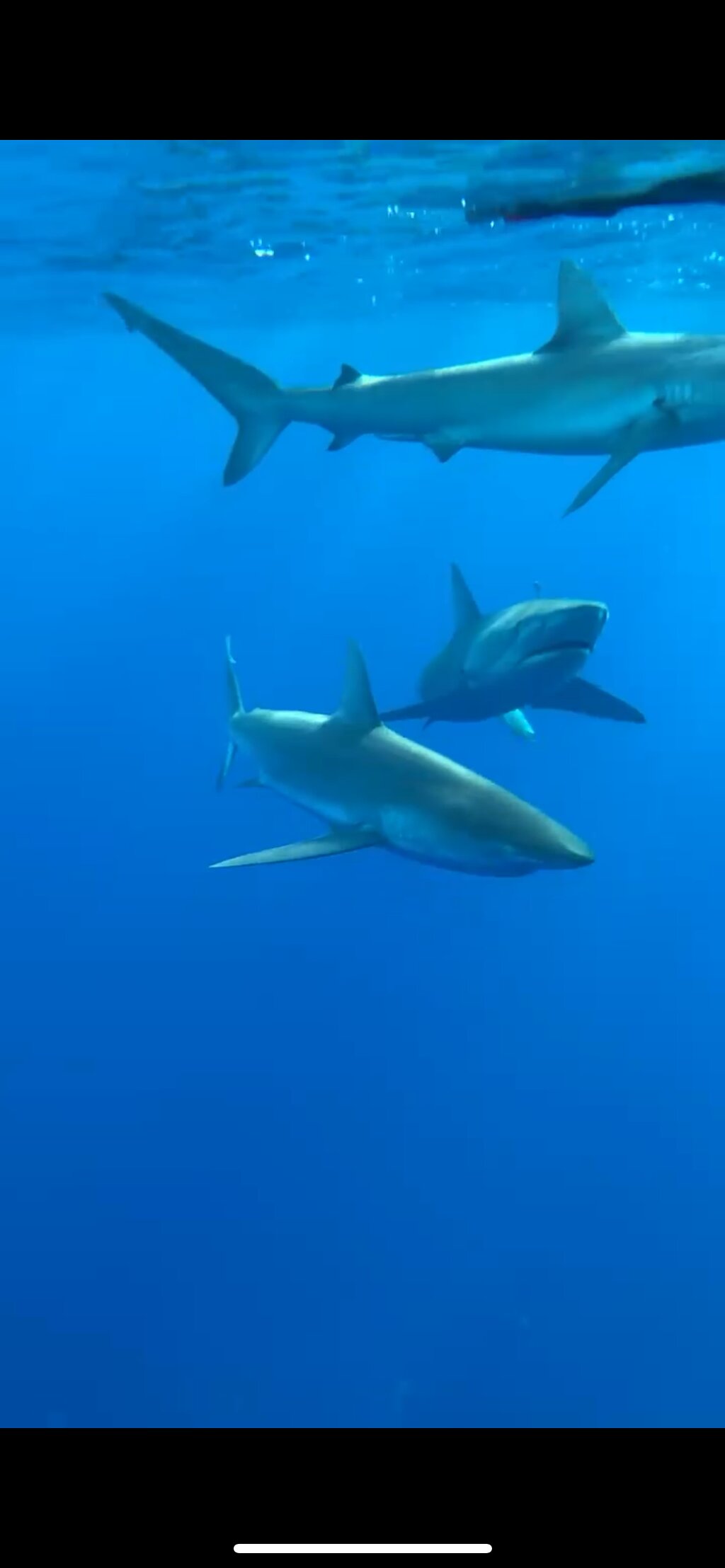
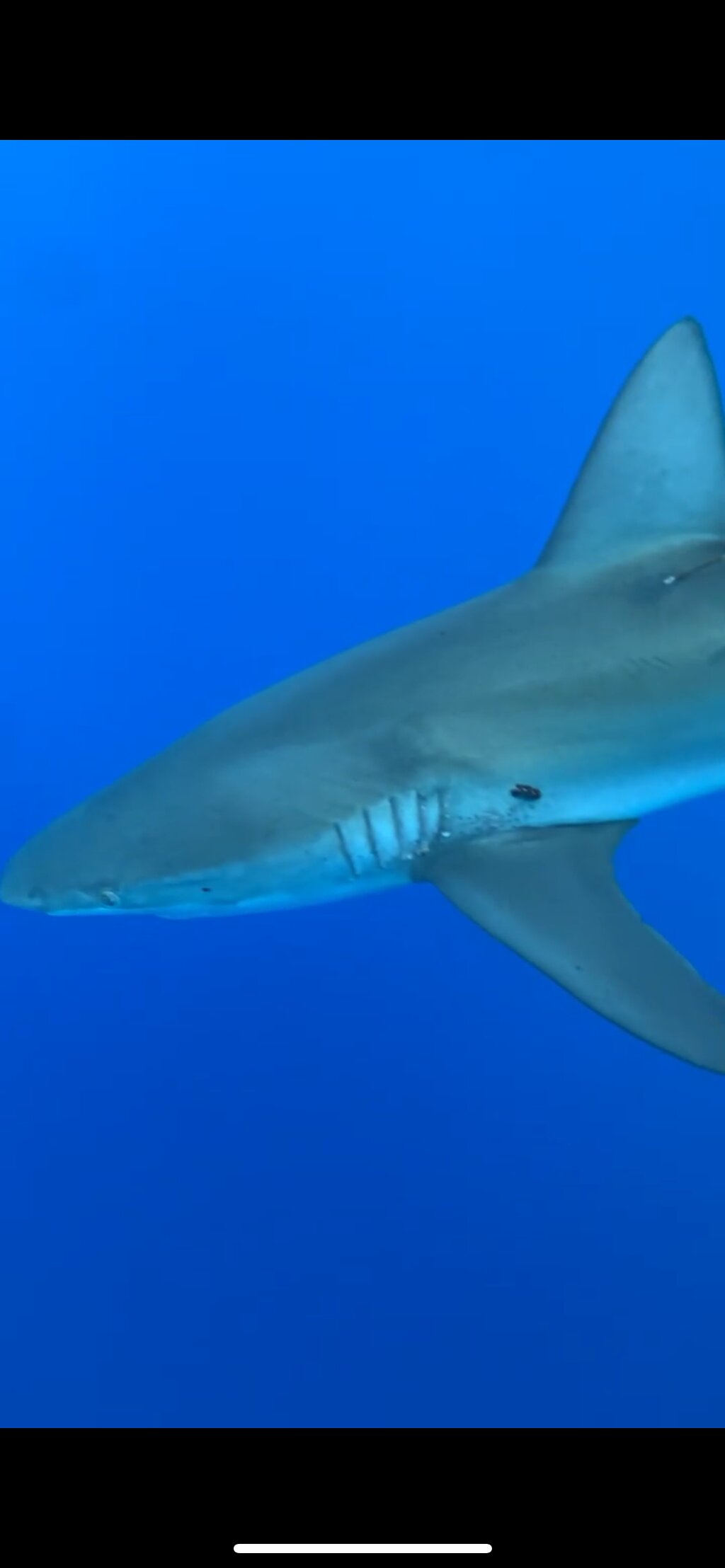
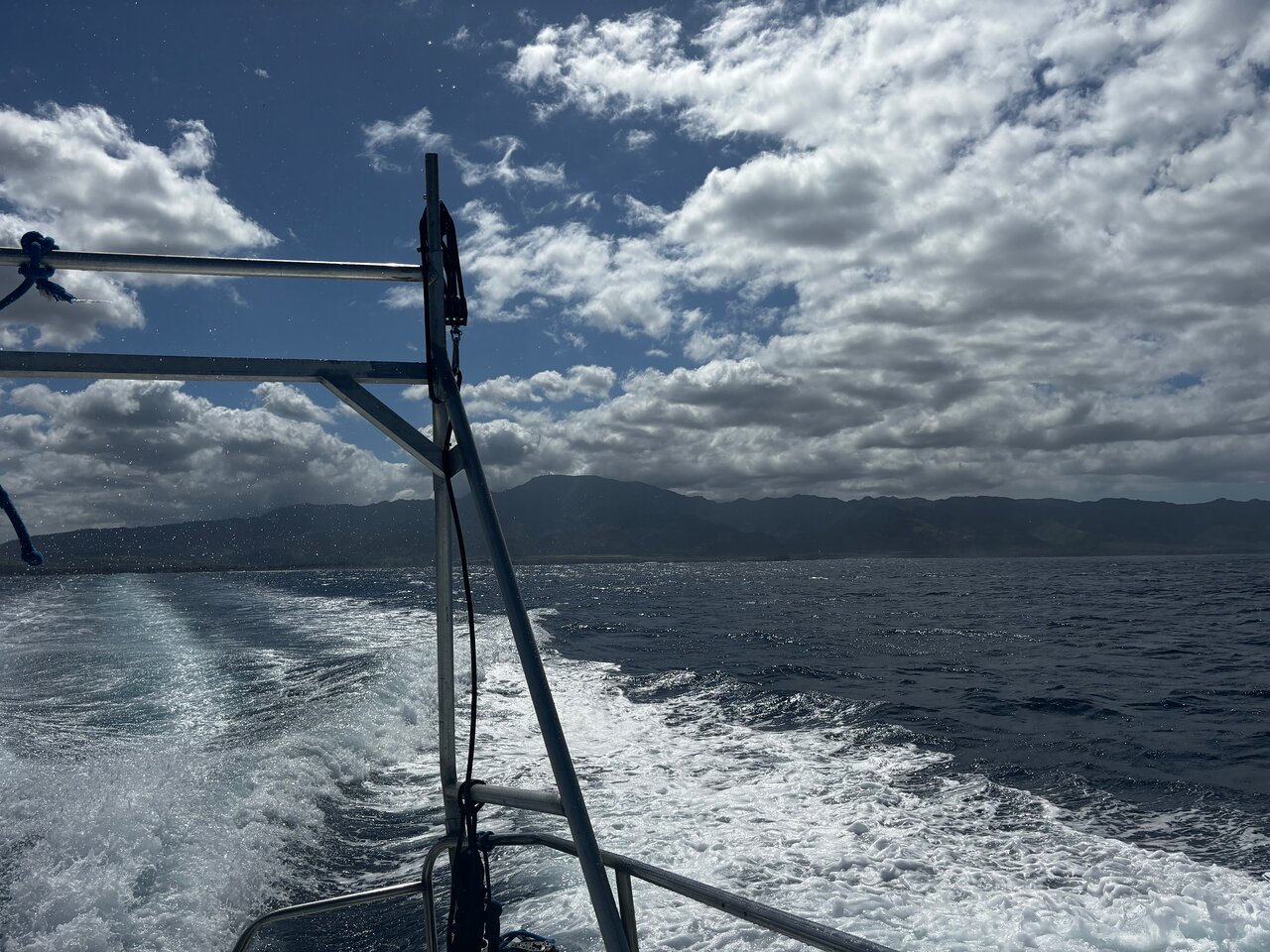
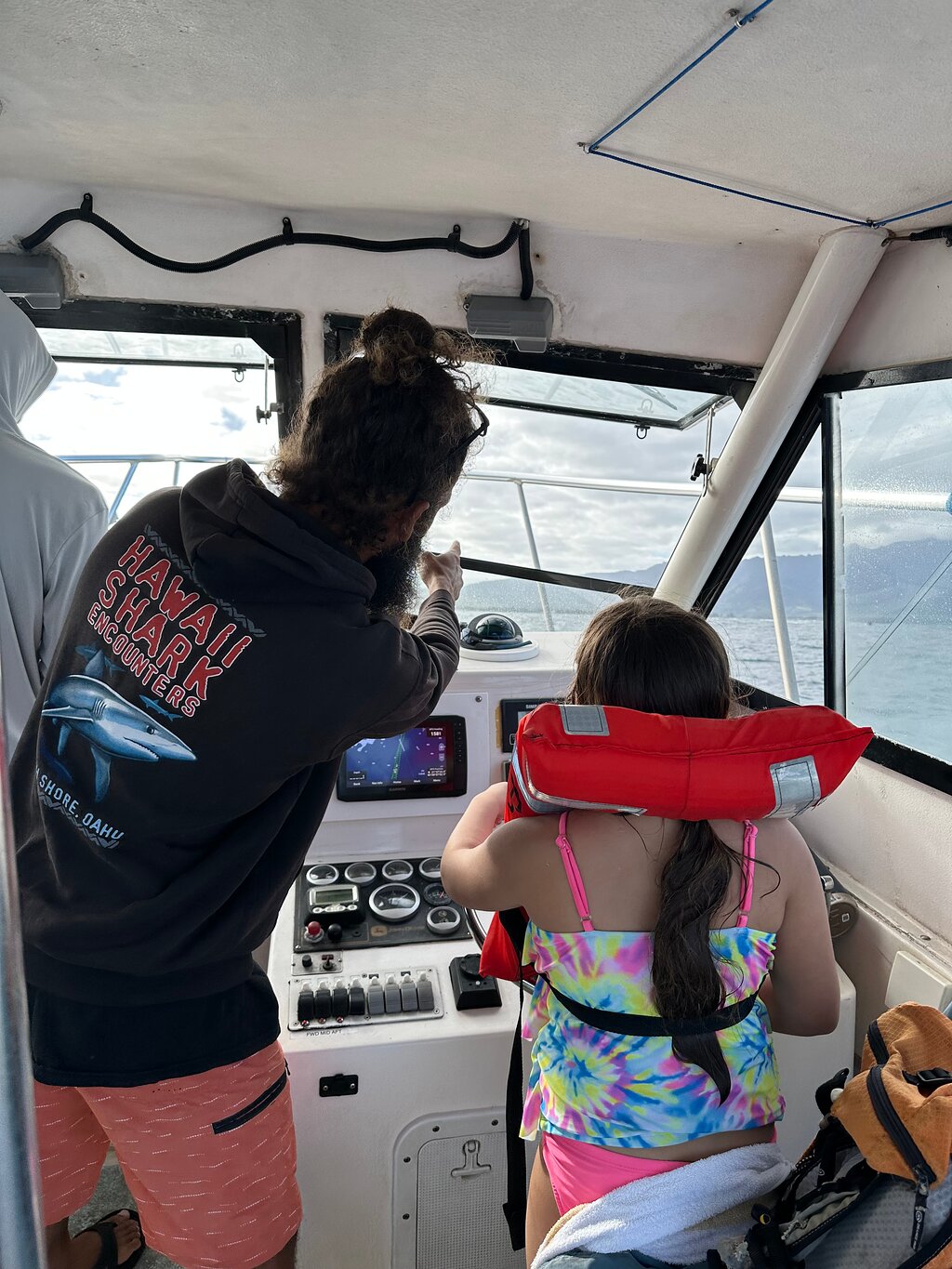
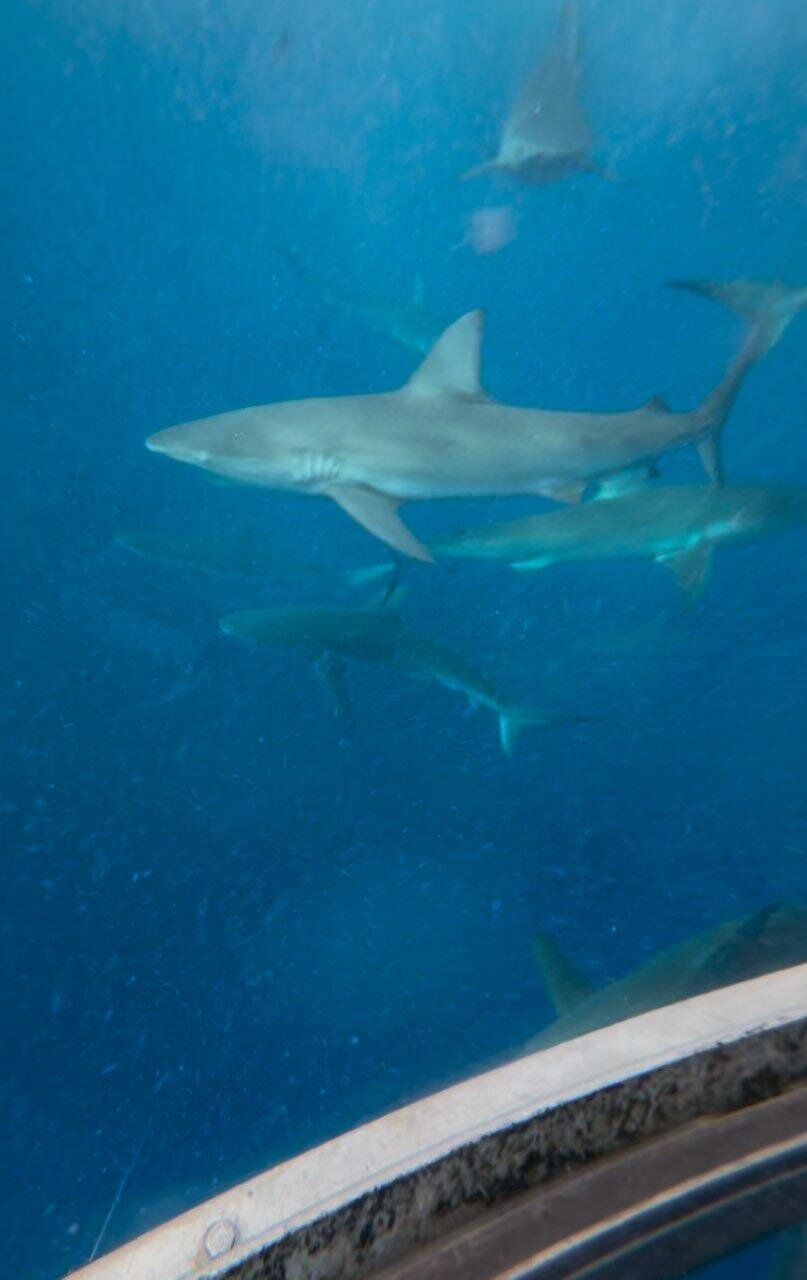
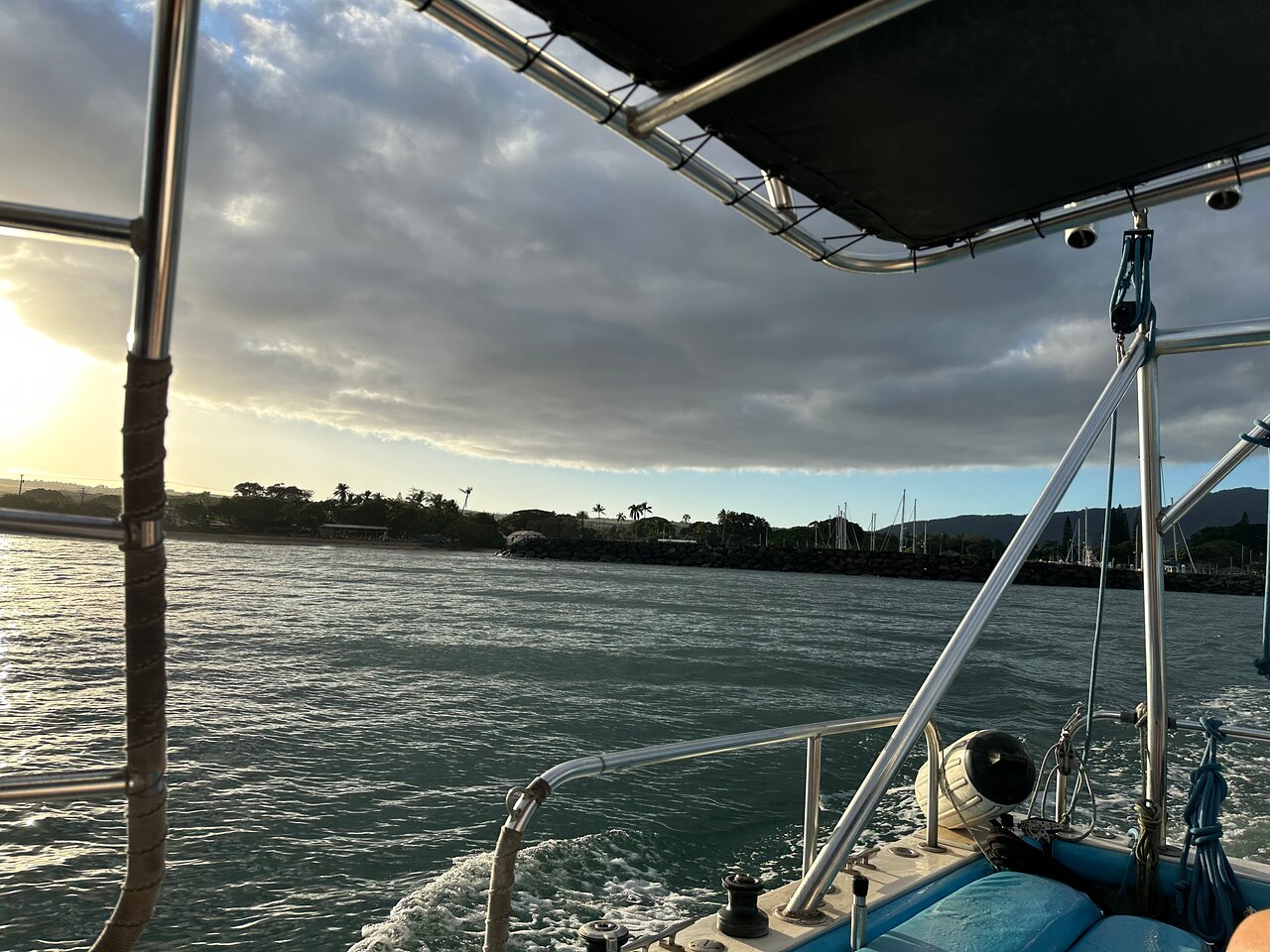

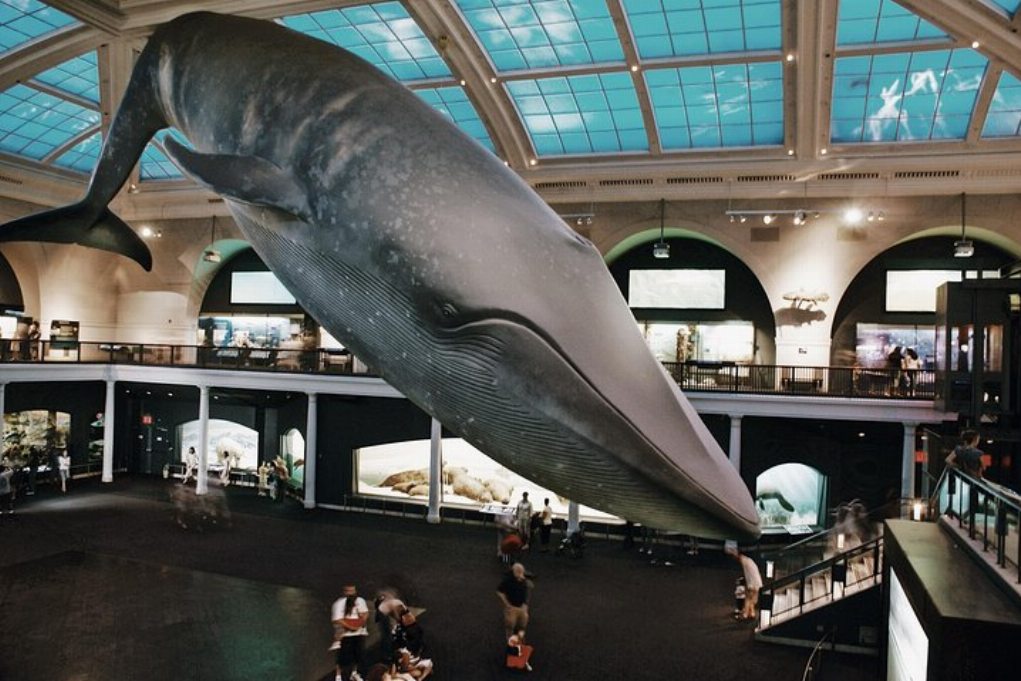

 Jeszcze
Jeszcze
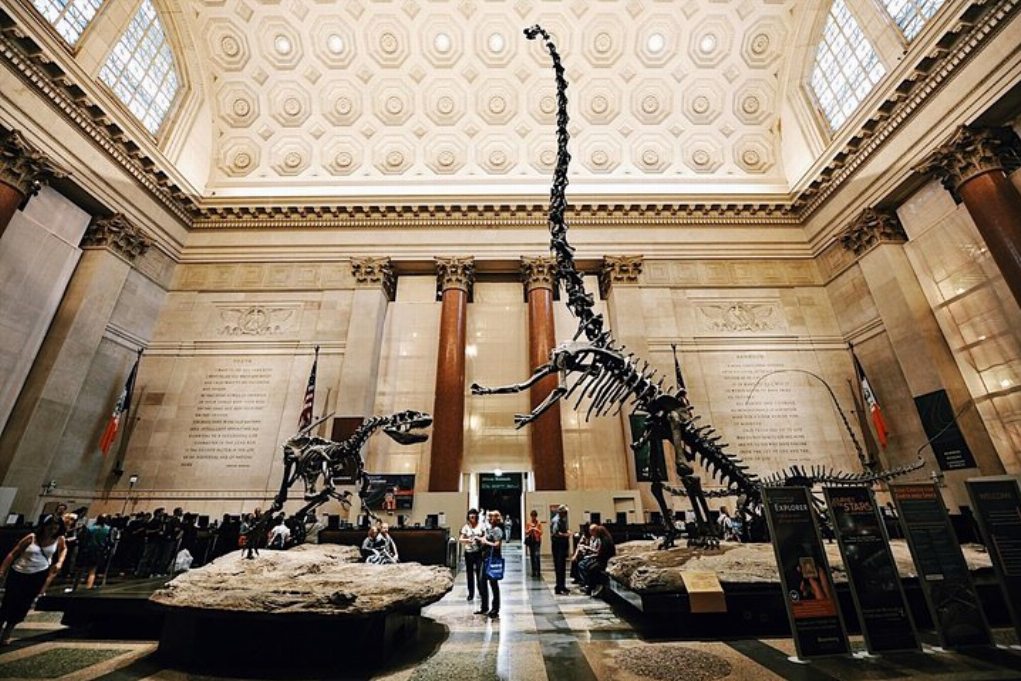


 Kontynuuj z Google
Kontynuuj z Google
 Kontynuuj z Facebookiem
Kontynuuj z Facebookiem
 Kontynuuj z Twitterem
Kontynuuj z Twitterem

